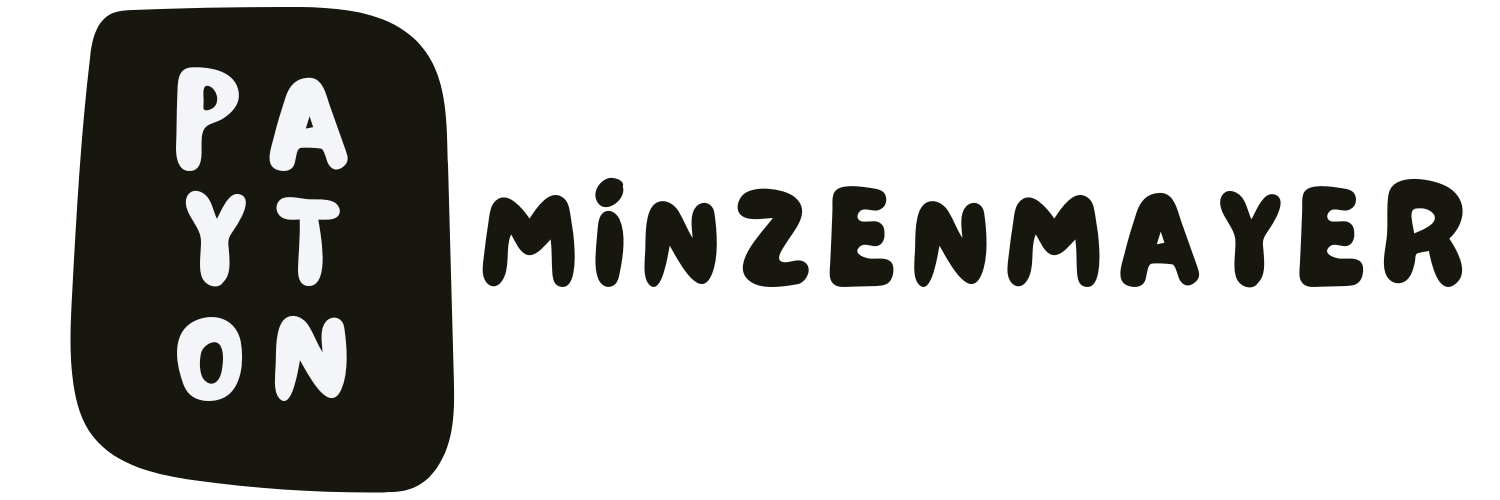Three easy steps to writing a book

A whopping 80% of Americans say they want to write a book.
Out of those who actually start, only 3% ever finish their manuscript — and less than 1% of those who finish ever get published.
Woof. Should you just give up those writing dreams now?
If writing a book is not actually a goal, then yes I would put the dream down. Many people hold on to false dreams that won't actually bring them fulfillment.
But if you are absolutely sure writing a book is for you, but you don't know how to actually get it done, you're in luck.
Writing a book is a lot easier than you think.
When you picture writing a book, or being an author, you likely have the same image I did rolling through your mind: scene of you opening the box of freshly printed pages or smelling the fanned pages.
The problem I ran into is dreaming never moved me closer to a finished book.
In fact, the moment my dream bubble popped, I was left with no box, no fanned pages, and an insurmountable mountain ahead.
And guess what I did with that reality check. . .absolutely nothing. For years.
That is until something clicked. I don't know when it happened or who I heard it from, but something shifted in my mind. The thought was a rendition of Stephen King's popular quote circulating aspiring author circles,
“If you want to be a writer, you must do two things above all others: read a lot and write a lot.” - Stephen King
I added a third.
There are only three steps you must take if you want to be a published author.
- Write
- Read
- Start
Write
Writers write. It doesn't have to be a book, blog, or script whenever you finish. It doesn't even have to be read by a single person. The only qualification are words down on paper.
Writer’s block is just a longer name for “fear.” One easy way to beat it is to write quickly. Don’t worry about spelling, mistakes or details. Just write. Write so fast your fear can’t keep up.
Write every day.
Even if it is only 100 words.
Track your progress and have someone hold you accountable in the beginning.

Build your writing muscle today and you will have a book one day.
Read
If you want to be a writer you have to be a reader. You have to find a balance between input and output.
I like to think about it like a large pendulum, swinging between what I'm putting in my mind and what I'm pouring out of my mind. As with most aspects of our life, we want to find a healthy swing in the pendulum.
- If you overextend your input, you will be full of information but will crash into your output. This could look like bombarding people with too much information at one time, or not eloquently conveying information in a way that makes sense.
- If you overextend your output, you will be depleted of information and will run into roadblock after roadblock. Jon Acuff likes to say that there is no such thing as writer's block, just idea bankruptcy.
Find your voice in the words of other great authors; watch how others develop their stories and characters and practice it on the side. Observe how the author takes a complicated idea and makes it simple, or maybe the opposite.
There is always something to learn through the words of others.
Start
Starting is like sending a rocket into space.
To send a rocket into space, it needs an unbelievable amount of power.
Space X's Falcon 9 rocket is 1.2 million pounds (549 thousand kilograms) heavy. Petrol and rocket-grade gas (RP-1) are used to power the nine engines.
To push something that big into orbit, you need more force from the outside than the rocket itself weighs. AND you still have to use force to make sure the thing keeps moving after you take off. AND you also have to deal with resistance.
Getting started is always the hardest part because you need more energy. BUT once you’re in motion, you need less energy to keep moving.
This is how I've come to see everything in life.
All too often, we only think about beginning something. Many of the time, when we begin a new habit, business, or job, we don't really think about what will happen next.
It's because starting is hard. It takes a lot of energy.
We often use up all of our power once we get past the start. What if SpaceX made a rocket that worked perfectly when it took off but burned out somewhere before it got to orbit?
How long will it take to write a book?
I see people cranking out book after book that are riddled with weak thinking and linguistic nightmares. Don't be one of those people.
It is the purest version of you refined over the years of your life and displayed for anyone to see. Take your time with it.
Begin building the backstory of your future authorship.
Write. Read. Start.
To learn more about my first book, find it here.
